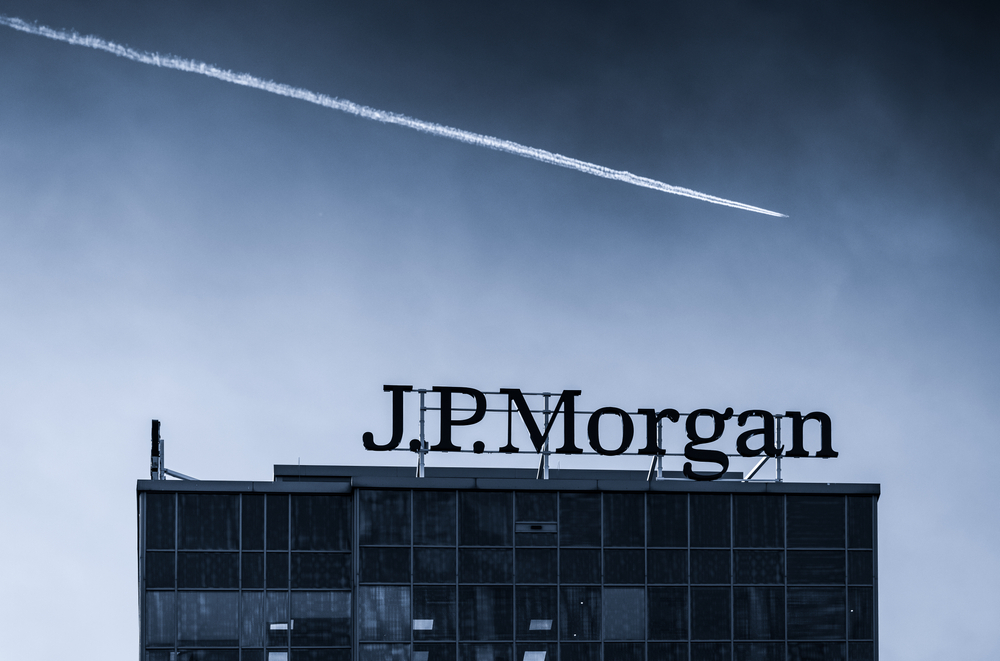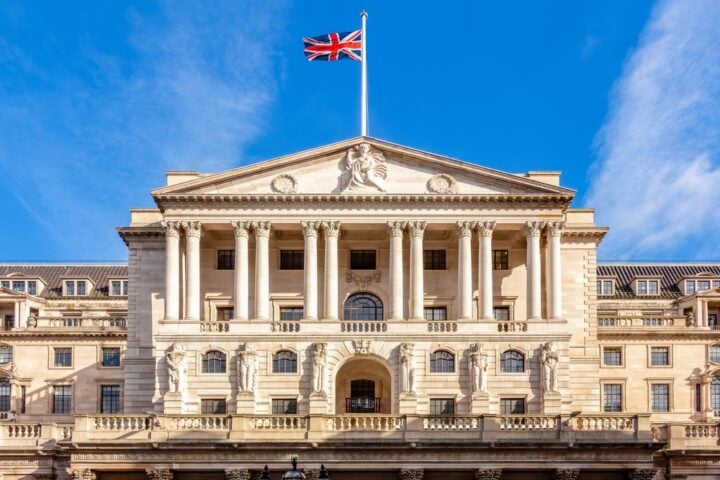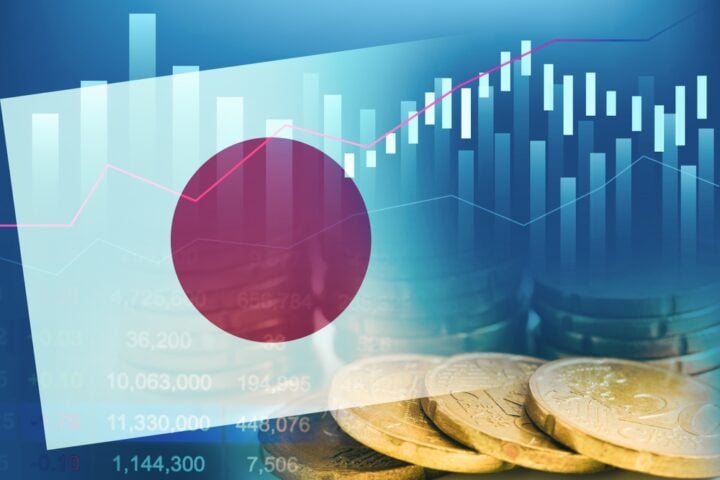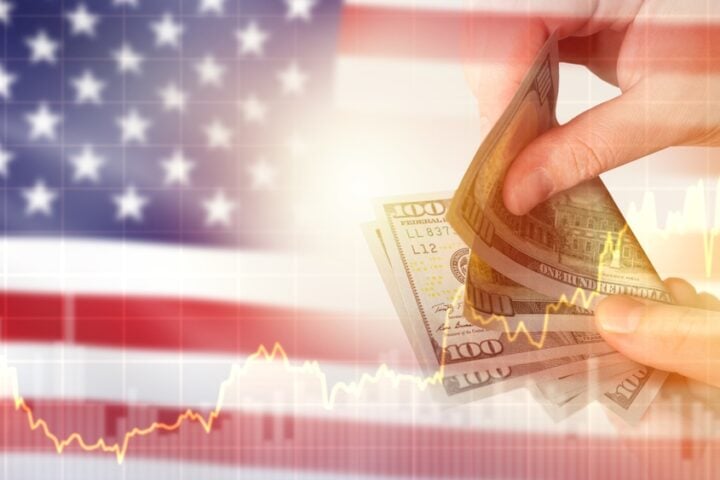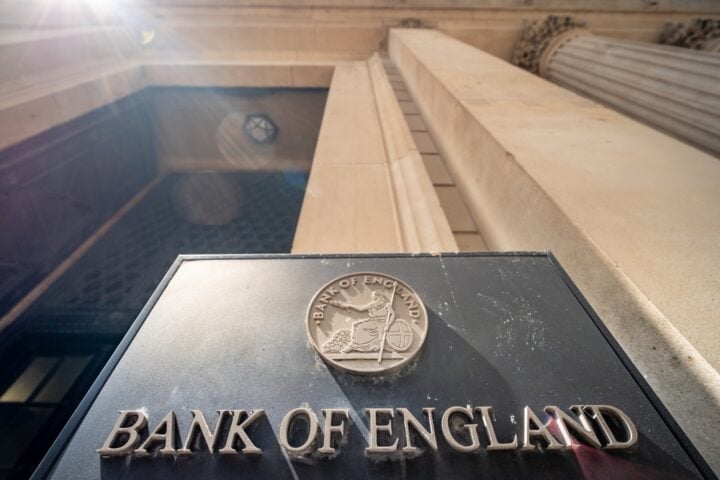Dimon Criticizes Trump’s Tariffs in Annual Shareholder Letter
JPMorgan Chase CEO Jamie Dimon expressed concerns in his annual shareholder letter about the potential economic impacts of President Donald Trump’s newly announced tariffs. Dimon noted that the tariffs would likely result in inflationary pressures, not only on imported goods but also on domestic prices as input costs rise and demand for domestic products increases. “We are likely to see inflationary outcomes,” Dimon said, further stating that while the tariffs might not lead directly to a recession, they would certainly slow economic growth.
Market Impact and Growing Uncertainty
Dimon’s comments came at a turbulent time for global markets, which have been in freefall following Trump’s announcement of tariffs ranging from 10% to 46% on imports from various countries. The CEO, who has often used his platform to discuss financial risks, highlighted the “many uncertainties” created by Trump’s tariff policy, including the effects on global capital flows, corporate profits, and the response from international trading partners. “The quicker this issue is resolved, the better,” Dimon said, stressing that the longer the uncertainty persists, the harder it will be to reverse the negative effects on the economy.
Dimon’s Caution on U.S. Economic Outlook
Despite the U.S. economy performing well in recent years, Dimon indicated that it was already weakening before the tariff announcement. He noted that inflation could prove stickier than many anticipate, potentially keeping interest rates elevated even as growth slows. “The economy is facing considerable turbulence,” Dimon warned, citing factors like geopolitical risks, sticky inflation, high fiscal deficits, and volatile asset prices. His caution contrasted with the more optimistic market expectations for a “soft landing.”
Dimon’s Warnings About Financial Markets
Dimon expressed doubt over market assumptions that the U.S. economy will continue to experience a soft landing despite challenges. “Markets still seem to be pricing assets with the assumption that we will continue to have a fairly soft landing,” he said. “I am not so sure.” Dimon’s remarks pointed to concerns about how stocks and credit spreads were being priced, suggesting that markets may be too optimistic given the current economic conditions.
Global Challenges and the Future of U.S. Leadership
In his letter, Dimon also touched on broader global issues, arguing that both the U.S. and the world are at a “critical crossroads.” While he refrained from directly mentioning Trump by name, Dimon affirmed some of the president’s priorities, including immigration and addressing trade imbalances, especially with China. However, Dimon also called for a deeper reform of the global system, one that would strengthen alliances and maintain peace rather than abandon the existing order. “In the multipolar world that follows, it will be every nation for itself,” Dimon cautioned, highlighting the potential dangers of a fragmented global system.
Dimon’s Call for a Stronger Global System
Dimon’s annual letter not only addressed the immediate impact of Trump’s tariffs but also raised broader concerns about the U.S. and the world’s future. His call for strengthening global alliances and maintaining a robust U.S. military was coupled with a reminder that the current economic turbulence is not just a domestic issue but one that could reshape the global order. As the world faces significant challenges, Dimon emphasized the need for leadership that focuses on maintaining stability and cooperation, rather than retreating into isolation.


